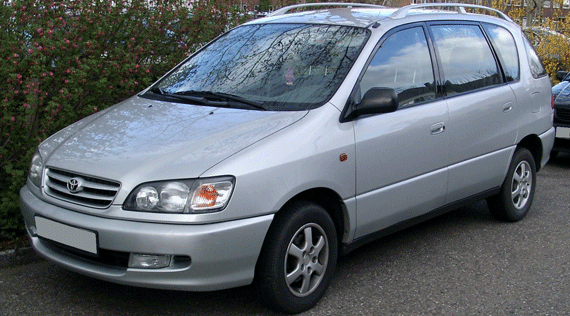
BULAWAYO car dealers have indicated that imported second-hand vehicle prices could increase to recoup costs after Botswana banned the use of its territory as transit, saying alternative routes are expensive.
Nqobile Bhebhe CHIEF REPORTER
The Botswana government recently said the transportation of imported unregistered cars on its roads was a violation of the law and ordered police to impound all such vehicles.
A decree issued by the government said the country was losing revenue as the Botswana Unified Revenue Service was not charging the vehicles for road usage despite them contributing to the damage of the roads.
Scores of car dealers and individuals had been importing second-hand vehicles from Europe via Walvis Bay and using the Botswana route to access Zimbabwe.
As alternative routes are being sought, car dealers said a spike in prices was almost inevitable.
They indicated that available options were to import cars from Asia through the port of Beira in Mozambique, which is nearer and cheaper than South Africa, or to use the port of Dar es Salaam and then drive through Zambia.
- Chamisa under fire over US$120K donation
- Mavhunga puts DeMbare into Chibuku quarterfinals
- Pension funds bet on Cabora Bassa oilfields
- Councils defy govt fire tender directive
Keep Reading
“That means prices would go up inside Zimbabwe as importers levy to recoup on using the Durban port. But creative Zimbabweans will soon be driving the cars from Walvis Bay, Namibia, into Zambia and then into Zimbabwe via Victoria Falls to avoid Botswana,” a car dealer along Robert Mugabe Way, said.
“Getting a single car, depending on its type through Botswana, ranged between $1 000 and $1 500, but that will change and also affect the selling price.”
Some Zimbabweans had been hiring drivers to collect their imported cars from Walvis Bay and paying them between $250 and $400 per trip. Another dealership said the ban was a violation of the Sadc trade protocol.
“A complete ban would violate the Sadc trade protocol and besides Botswana is itself a consumer of the same imported cars, unlike South Africa which does not allow any ex-Japanese imports into its territory on greenhouse emissions concerns,” another car dealer said.
The influx of imported cars began with dollarisation of the economy following the formation of the inclusive government in 2009 and has created a lot of congestion on the country’s roads.
Imported vehicles such as Ipsums, Spacios and Mazda Bongos are now common on the country’s major highways with most of them being widely used by public transporters.
Streets in the country’s main cities and towns are also congested with such second-hand imported vehicles.












